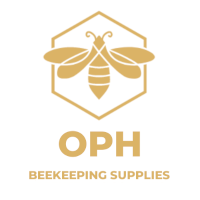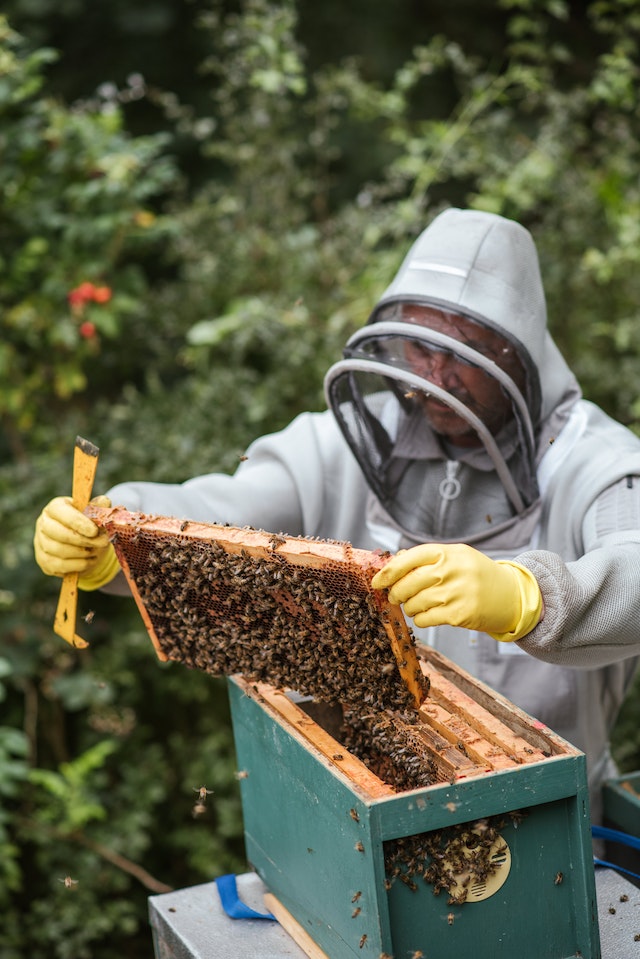Beekeeping is a fascinating hobby that has gained popularity in recent years. Hobbyist beekeepers involves the maintenance of bee colonies, which produce honey and other products. Hobbyist beekeepers are individuals who keep bees as a hobby rather than as a commercial enterprise. This article will explore the world of hobbyist beekeeping, including the benefits of beekeeping, the equipment needed, the challenges faced, and the rewards of this unique hobby.
Benefits of Beekeeping
Beekeeping has numerous benefits, both for the bees and for the beekeeper. Bees are essential pollinators, and their role in pollinating crops is crucial for food production. By keeping bees, hobbyist beekeepers can contribute to the environment by providing a habitat for bees to thrive. Additionally, beekeeping can be a source of income for those who choose to sell honey and other bee products. For the beekeeper, beekeeping can be a relaxing and rewarding hobby. It provides an opportunity to connect with nature and learn about the complex social structure of bees. Beekeeping also offers a sense of accomplishment as the beekeeper watches their colony grow and produce honey.
Equipment Needed
To start beekeeping, hobbyists need several pieces of equipment. The most important piece of equipment is the beehive. There are several types of beehives available, including Langstroth hives, top-bar hives, and Warre hives. Each type of hive has its advantages and disadvantages, and hobbyists should choose the one that best suits their needs. In addition to the beehive, hobbyists need protective gear such as a veil, gloves, and a bee suit. These items protect the beekeeper from bee stings while working with the bees. Other essential equipment includes a smoker, which is used to calm the bees during hive inspections, and a hive tool, which is used to pry apart the hive frames.
Challenges Faced
Beekeeping is not without its challenges. One of the most significant challenges faced by hobbyist beekeepers is the threat of disease and pests. Varroa mites, small hive beetles, and wax moths are just a few of the pests that can infest a beehive. These pests can weaken or even destroy a colony if left unchecked. Another challenge faced by hobbyist beekeepers is the weather. Extreme temperatures, drought, and heavy rainfall can all impact the health of a bee colony. Hobbyists must monitor their hives regularly and take action to protect their bees from adverse weather conditions.
Rewards of Hobbyist Beekeeping
Despite the challenges, beekeeping is a rewarding hobby. One of the most significant rewards is the honey produced by the bees. Honey is a delicious and nutritious food that can be used in cooking and baking. Additionally, honey has numerous health benefits, including antibacterial properties and allergy relief. Beekeeping also offers an opportunity to connect with nature and learn about the complex social structure of bees. Hobbyists can observe the bees as they work together to build their colony and produce honey. Beekeeping can also be a source of pride as hobbyists watch their colony thrive and grow.
Conclusion
In conclusion, hobbyist beekeeping is a fascinating and rewarding hobby that offers numerous benefits. Beekeeping provides an opportunity to contribute to the environment by providing a habitat for bees to thrive. It also offers an opportunity to connect with nature and learn about the complex social structure of bees. While there are challenges associated with beekeeping, the rewards, such as delicious honey and a sense of accomplishment, make it a worthwhile pursuit for those interested in this unique hobby.


